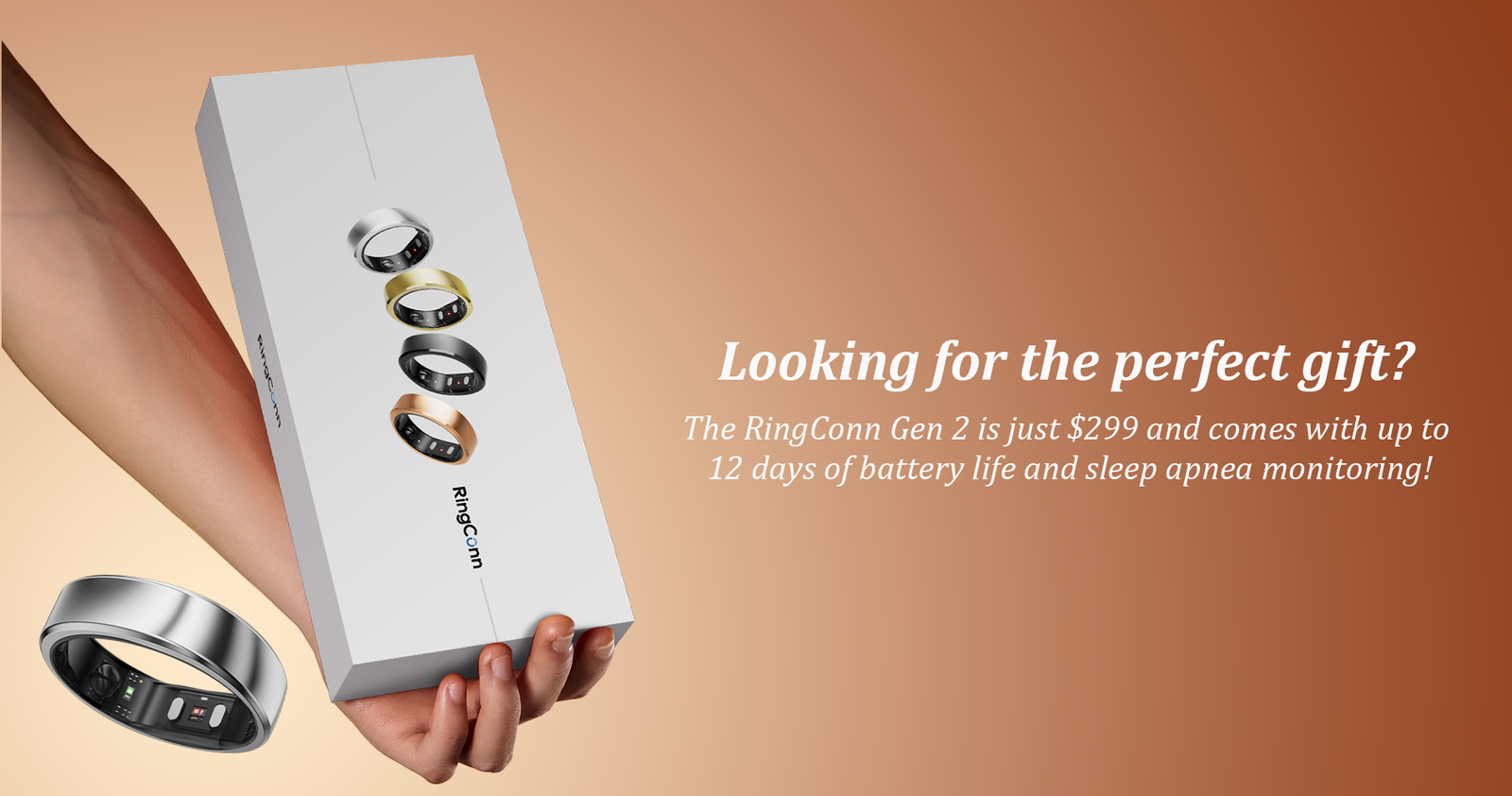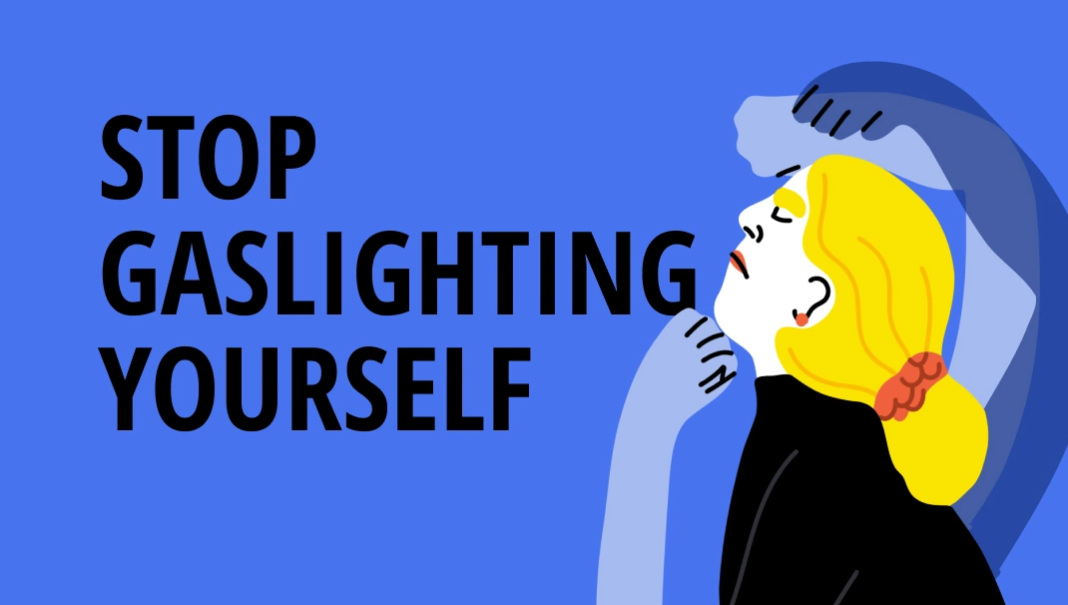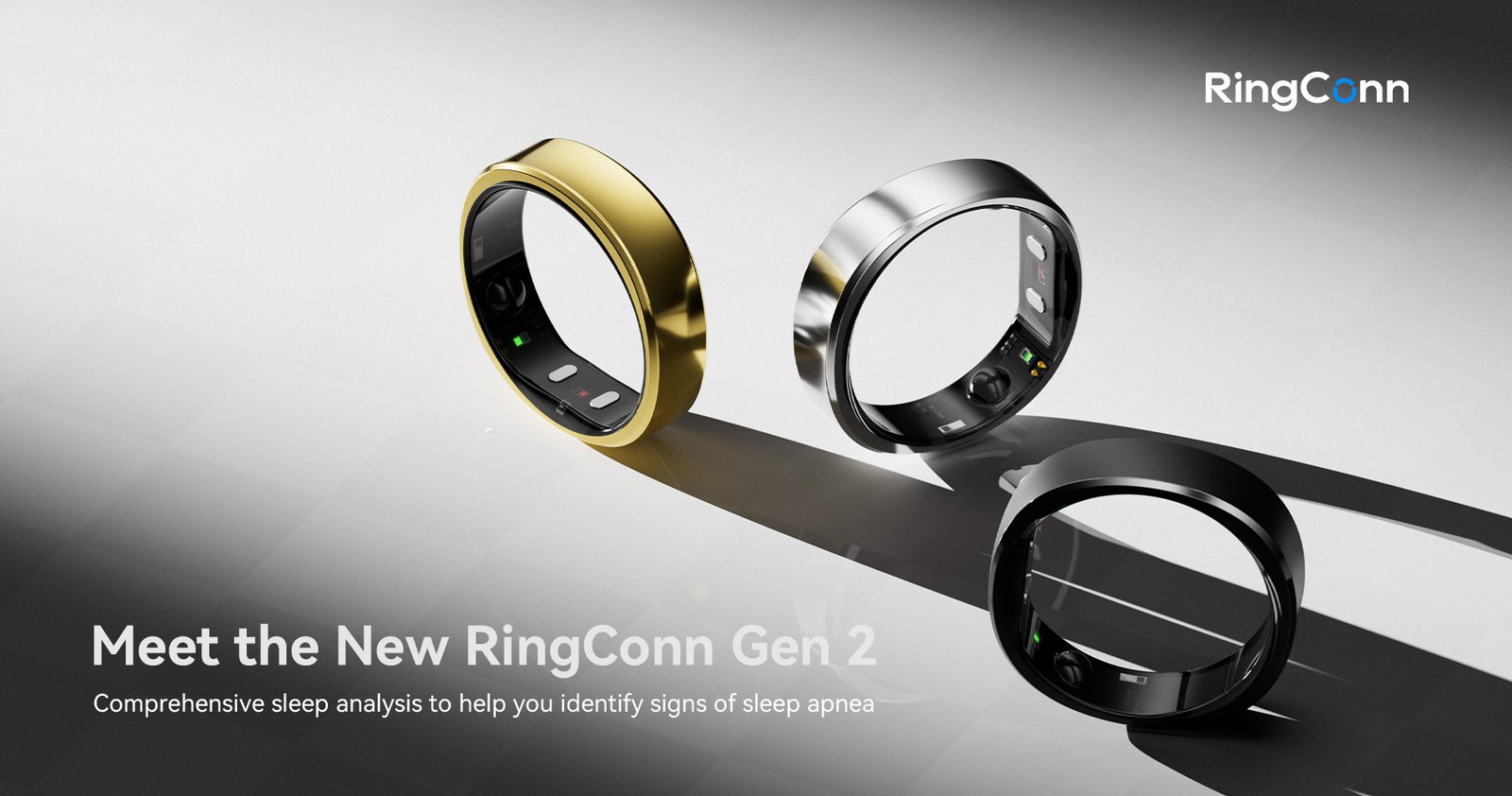Have you ever found yourself wincing mid-shower, suddenly replaying that awkward thing you said years ago? The scene feels vivid, almost like it happened yesterday—the exact words, the expressions, the heavy silence that followed. But what if much of that recollection isn’t entirely true?
We tend to trust our memories as if they were recordings—accurate, objective archives of our personal history. In reality, though, our brains function less like video cameras and more like creative editors, constantly reconstructing our experiences. This unsettling truth forces us to confront an important reality: our memories can be surprisingly unreliable.
The Myth of Perfect Recall
Contrary to popular belief, memory is not a static, unchanging record. It’s a dynamic process that’s constantly influenced by our emotions, biases, and even the way questions are posed to us. Each time we revisit a memory, we risk altering it—sometimes in ways that completely distort the original event.
Cognitive psychologist Elizabeth Loftus has spent decades uncovering the malleability of memory. In one of her most famous studies, participants were shown altered photographs depicting events they had never experienced—like a childhood hot air balloon ride. Astonishingly, about 30% of them “remembered” the event in vivid detail. Their minds filled in gaps and built convincing stories around entirely fabricated experiences.
Even subtle wording can shape what we remember. In Loftus’s well-known car accident experiment, participants who were asked how fast the cars were going when they “smashed” into each other estimated much higher speeds and even falsely recalled seeing broken glass. When the word “hit” was used instead, estimates were lower, and few mentioned broken glass at all.
These distortions don’t just affect how we recall external events—they deeply influence how we perceive ourselves.
How Memory Fuels Self-Gaslighting
We often associate gaslighting with external manipulation—someone else convincing you to question your reality. But many of us unknowingly gaslight ourselves through distorted memories, particularly when those memories feed into our insecurities.
Picture this: five years ago, you made an awkward remark during a team meeting. In your mind, the room fell eerily silent, everyone exchanged uncomfortable glances, and your boss frowned. That memory has since become proof that you’re socially inept, that you always say the wrong thing. But did it really unfold that way?
Maybe the pause was brief and unremarkable. Perhaps most people didn’t even notice. Your brain, however, likely magnified the incident due to something called negativity bias—our tendency to dwell on and give more weight to negative experiences.
Self-gaslighting works like this:
- You exaggerate the importance of a perceived failure.
- You allow a single moment to define your entire character.
- You replace balanced, nuanced reflections with harsh self-judgments.
- You selectively recall evidence that confirms your worst beliefs about yourself.
Over time, this creates a destructive cycle: negative self-image fuels distorted memories, which in turn reinforce the negative self-image.
Escaping the Trap of Memory-Based Self-Criticism
If our memories are so unreliable, can we ever really know what happened? Perhaps not with full certainty—and oddly enough, that’s a freeing realization. Instead of obsessing over whether your version of the past is 100% accurate, ask yourself: Is this story serving me?
Psychologists refer to our tendency to cling to beliefs—even after they’ve been disproven—as belief perseverance. Once your brain builds a narrative around a memory, it resists letting go, even in the face of contradictory evidence. This is why many people continue to view themselves in limiting ways long after they’ve grown or changed.
Strategies to Break Free from Self-Gaslighting
1. Challenge the usefulness of your memories.
When painful recollections resurface, ask:
- Does believing I embarrassed myself at that party help me enjoy social events now?
- Does holding onto the idea that I’m “bad at math” serve me today?
- Does defining myself as “disorganized” help my productivity?
2. Actively collect contradicting evidence.
Our brains naturally favor confirmation bias—we see what aligns with our beliefs and dismiss what doesn’t. To counter this, intentionally document positive evidence:
- Keep a daily “small wins” journal.
- Ask trusted friends for their recollection of events you view negatively.
- Notice and record instances when you act contrary to your negative self-image.
3. Reframe memories as flexible narratives, not rigid facts.
A memory’s value lies in its impact on your life. If a memory empowers you, use it to your advantage. If it drags you down, consider releasing it, regardless of its accuracy.
4. Practice compassionate memory reconstruction.
Take a troubling memory and rewrite it with empathy:
- Write the memory as you currently recall it.
- Identify where assumptions or exaggerations may have crept in.
- Rewrite the scene imagining that others were preoccupied with their own thoughts, not scrutinizing you.
- View the event as a compassionate outsider might—what might they notice that you’ve overlooked?
Productivity Lessons: The Power of Focused Intent
Interestingly, this process of revising and refining our internal narratives parallels how we approach productivity. True progress isn’t about constant busyness—it’s about traction. It’s the focused, intentional work that moves you toward what matters most, rather than being distracted by the trivial.
Successful professionals often aren’t the ones who work the longest hours; they’re the ones who protect their time and attention. By saying no to distractions, they create space for meaningful work and personal growth. Setting boundaries around your mental and emotional energy is just as critical as guarding your schedule.
Choosing Better Stories
This isn’t about dodging responsibility or rewriting history to avoid lessons learned. It’s about recognizing that memory is fallible—and that you have agency over the narratives you carry forward.
Next time you find yourself caught in a loop of self-criticism rooted in the past, remind yourself: your brain is a storyteller, not a historian. You can acknowledge the imperfection of memory while choosing to tell stories that strengthen rather than weaken you.
Your past doesn’t define you—and your memories are more flexible than you realize. Use that flexibility to build a story that empowers you.





